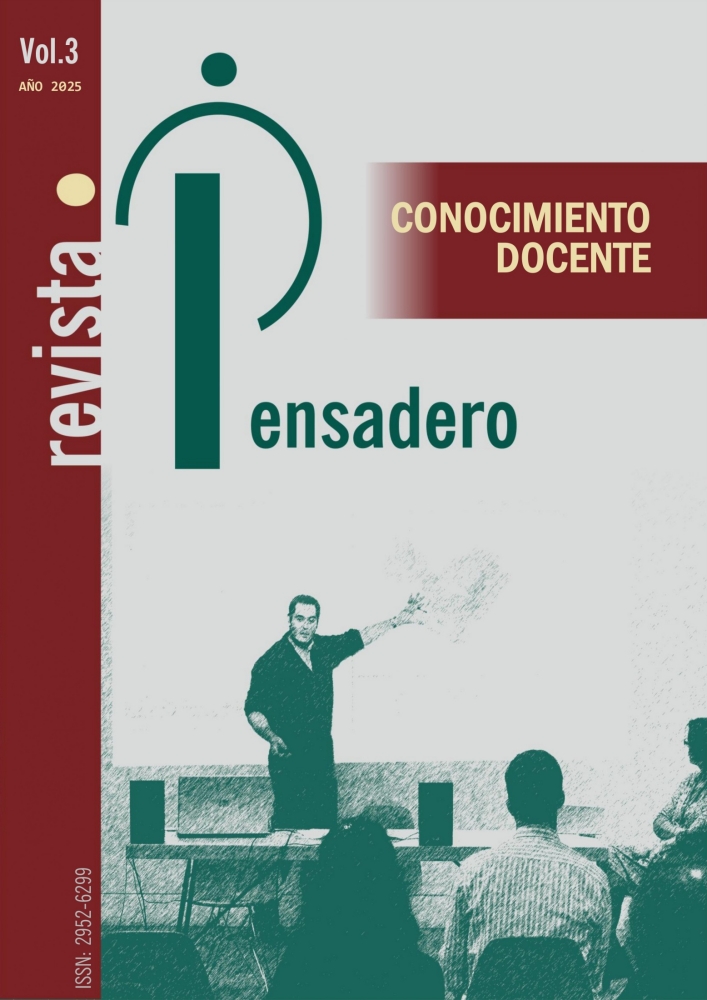Abstract
Bioethics is part of socio-scientific controversies in health such as the use of animals and human beings in experimentation with new drugs. Besides, the use of controversies is very useful for students’ development of argumentation skills. However, there are hardly any examples of teaching sequences that integrate both. Starting from this situation, two objectives are formulated: to analyze the quality of the initial argument of 45 11th grade students about the possibility of authorizing the participation of a family member in an experimental study to stop their degenerative disease. From the difficulties encountered in students’ argumentation, a didactic sequence is designed to improve their argumentative competence. The results regarding their initial arguments show differences among the type and number of dimensions used to justify their decision, with the personal dimension predominating over others such as the scientific one. Furthermore, a smaller number of refutations than conclusions are presented, and the number of combinations among dimensions is small. These results, together with the literature on students’ development of argumentative skills, serve as a basis for the design of a teaching sequence of six activities, including an initial ad a final evaluation, that presents learning situation focused on bioethical health dilemmas, working, at the same time, on the evaluations of the assessment the strength of an argument, based on the available data or its construction.
References
Berland, L. K. y Reiser, B. J. (2010). Classroom communities’ adaptations of the practice of scientific argumentation. Science Education, 95(2), 191-216. https://doi.org/10.1002/sce.20420
Brocos, P. y Jiménez Aleixandre, M. P. (2020). El impacto ambiental de la alimentación: argumentos de alumnado de Magisterio y Secundaria. Enseñanza de las Ciencias, 38(1), 127-145. https://doi.org/10.5565/rev/ensciencias.2802
Calavia, S., Bravo-Torija, B. y Mazas-Gil, B. (2024). Percepciones en el alumnado de 1º de bachillerato sobre dilemas bioéticos en salud: influencia en sus destrezas en argumentación y pensamiento crítico. Ápice, 8(1). https://doi.org/10.17979/arec.2024.8.1.10191
Casas-Quiroga, L. y Crujeiras-Pérez, B. (2022). Trabajando la respuesta ante enfermedades de origen alimentario a través del juego de rol. Enseñanza de las Ciencias, 40(1), 221-241. https://doi.org/10.5565/rev/ensciencias.3327
Crujeiras-Pérez, B., Martín-Gámez, C., Díaz-Moreno, N. y Fernández-Oliveras, A. (2020). Trabajar la argumentación a través de un juego de rol: ¿debemos instalar el cementerio nuclear? Enseñanza de las Ciencias, 38(3), 125-142. https://doi.org/10.5565/rev/ensciencias.2888
De Dios, R. y García, E. (2015). Bioética en las Aulas o cómo acercar los Comités de Ética Asistencial a la Comunidad”. RqR. Enfermería Comunitaria, 3(1), 7-24.
Dey, I. (2005). Qualitative Data Analysis. A user-friendly Guide for Social Scientific. Taylor y Francis e-Library.
Gaete, L. (2022). Bioética en el aula un desafío formativo transversal y permanente [Tesis de doctorado, Universidad del Desarrollo]. Repositorio UDD. http://hdl.handle.net/11447/5785
García-Milá, M., Gilabert, S., Erduran, S. y Felton, M. (2013). The effect of argumentative task goal on the quality of argumentative discourse. Science Education, 97(4), 497-523. https://doi.org/10.1002/sce.21057
García-Vilanova, M. y Pérez, J. (2020). Enseñanza de la bioética en estudios de ciencias de la salud: los grados de biología y ciencias biomédicas de las universidades españolas. FEM: Revista de la Fundación Educación Médica, 23(6), 311-316. https://dx.doi.org/10.33588/fem.236.1091
Gómez, M. T. y Burrutia, O. (2022). ¿Ha cambiado la pandemia del COVID-19 la percepción de las niñas y niños de Educación Primaria sobre la “salud” y “enfermedad? Didáctica de las Ciencias Experimentales y Sociales, 42, 137-154. https://doi.org/10.7203/dces.42.21398
Gómiz, M., Aragón, M. y Oliva, J. M. (2022). Los modelos de inmunidad y vacunas en los libros de texto de la enseñanza obligatoria. Didáctica de las Ciencias Experimentales y Sociales, 42, 155-174. https://doi.org/10.7203/dces.42.21899
Gordillo, M. (2005). Las decisiones científicas y la participación ciudadana. Un caso CTS sobre investigación biomédica”. Revista Eureka sobre Enseñanza y Divulgación de las Ciencias, 2(1), 38-55. http://dx.doi.org/10.25267/Rev_Eureka_ensen_divulg_cienc.2005.v2.i1.05
Guisasola J., Ametller J. y Zuza, K. (2021). Investigación basada eng el diseño de Secuencias de Enseñanza-Aprendizaje: una línea de investigación emergente en Enseñanza de las Ciencias. Revista Eureka sobre Enseñanza y Divulgación de las Ciencias, 18(1), 1801-18.
Ibacache, M. y Merino, C. (2021). Una propuesta de secuencia basada en el contexto, para la promoción de la argumentación científica en el aprendizaje de las reacciones químicas con estudiantes de educación media técnico profesional. Revista Eureka sobre Enseñanza y Divulgación de las Ciencias, 18(1), 1105.
Jiménez-Aleixandre, M. P. (2010). 10 ideas clave. Competencias en argumentación y uso de pruebas (Vol. 12). Graó.
Meheut, M. y Psillos, D. (2004). Teaching-learning sequences: Aims and tools for science education research. International Journal of Science Education, 26(5), 515-652.
OECD (2023). Pisa 2023 Science Framework (Second Draft). OECD.
Orden ECD/494/2016, de 26 de mayo, por la que se aprueba el currículo del Bachillerato y se autoriza su aplicación en los centros docentes de la Comunidad Autónoma de Aragón.
Puig, B. y Evagorou, M. (2023). COVID-19: A Context to Promote Critical Thinking and Argumentation in Secondary and University Students. Brain, Decision Making and Mental Health. Integrated Science, 12, 219-236. Springer. https://doi.org/10.1007/978-3-031-15959-6_12
Pujolás, P. (2003). El aprendizaje cooperativo: algunas ideas prácticas. Universidad de Vic.
Sadler, T. D., Friedrichsen, P. y Zangori, L. (2019). A framework for teaching for socio-scientific issue and model based learning (SIMBL). Educação e Fronteiras/Education and Borders, 9(25), 8-26.
Suwono, H., Rofi’Ah, N.L., Saefi, M. y Fachrunnisa, R. (2021). Interactive socio-scientific Inquiry for Promoting Scientific Literacy, Enhancing Biological Knowledge, and Developing Critical Thinking. Journal of Biological Education, 1-16. 10.1080/00219266.2021.
Tang, K.-Y., Lin, T.-C. y Hsu, Y.-S. (2023). Status and trends of socioscientific issues in educational literature: insights and extensions from a co-word analysis. International Journal of Science Education, 1-25. https://doi.org/10.1080/09500693.2023.2272603
Tena, E. y Couso, D. (2023). ¿Cómo sé si mi secuencia didáctica es de calidad? Propuesta de un marco de evaluación desde la perspectiva de Investigación basada en el diseño. Revista Eureka sobre Enseñanza y Divulgación de las Ciencias, 20(2), 101-115. https://doi.org/10.25267/Rev_Eureka_ensen_divulg_cienc.2023.v20.i2.2801
Tomás, L. (2016). Reflexiones sobre la complementariedad entre la educación y la bioética. Opción, 32(12), 768-783. https://www.redalyc.org/articulo.oa?id=31048903036
Toulmin, S. (1958). The uses of argument. Cambridge: Cambridge University Press.

This work is licensed under a Creative Commons Attribution-NonCommercial-NoDerivatives 4.0 International License.
Copyright (c) 2025 Sergio Calavia Lombardo, Beatriz Mazas Gil, Beatriz Bravo Torija


